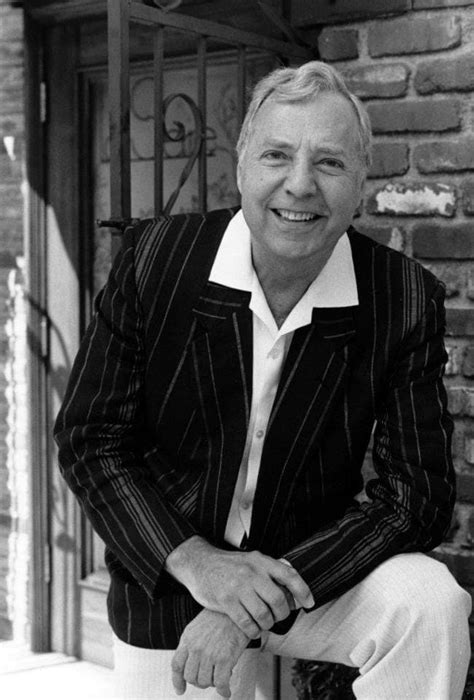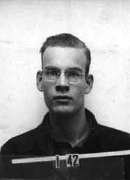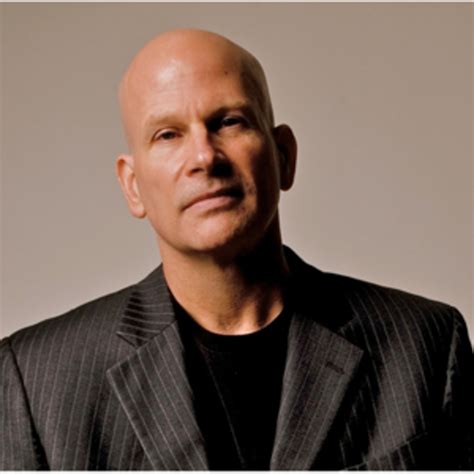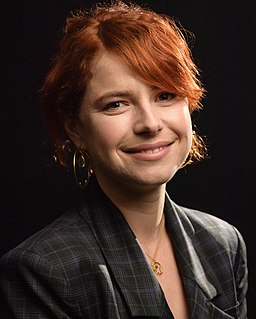A Quote by Celeste Ng
For me, any story I tackle begins with the human relationships and not the plot.
Quote Topics
Related Quotes
Chris Claremont once said of Alan Moore, "if he could plot, we'd all have to get together and kill him." Which utterly misses the most compelling part of Alan's writing, the way he develops and expresses ideas and character. Plot does not define story. Plot is the framework within which ideas are explored and personalities and relationships are unfolded.
Russian law on banning nontraditional relationships basically says you cannot have any portrayal, neutral or positive, of homosexual relationships or nontraditional families, period. And you also cannot have negative portrayals of heterosexual relationships. So along the way, the law completely quashes any kind of public discussion on domestic violence. No discussion of relationships at all, unless you want to showcase a heterosexual love story, that preferably involves reproduction.
I always write a draft version of the novel in which I try to develop, not the story, not the plot, but the possibilities of the plot. I write without thinking much, trying to overcome all kinds of self-criticism, without stopping, without giving any consideration to the style or structure of the novel, only putting down on paper everything that can be used as raw material, very crude material for later development in the story.







































